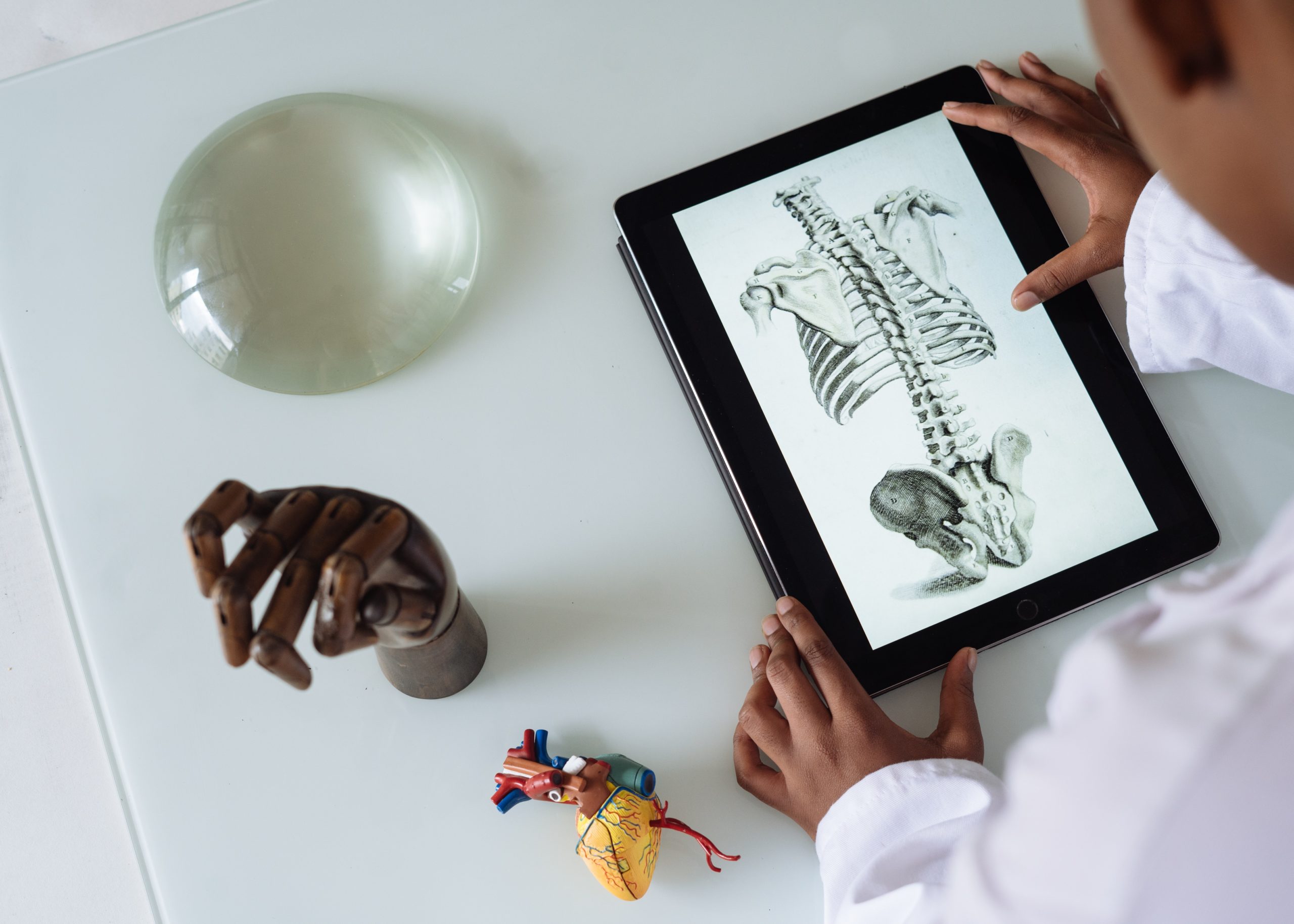There are so many things that you need to include for admission to medical school that it can feel overwhelming at times. From your MCAT scores and transcripts to GPA, personal statements, and essays, your application covers a broad range of materials that all work to show schools that you’re serious about their healthcare programs and your future.
While you’re crossing all of your academic Ts and dotting your score prepping Is, make sure to plan for the extracurricular activities that can set you apart from a pool of qualified applicants. Any research that you’ve been a part of, conferences that you’ve attended, honors and awards you’ve earned, or even your personal creative pursuits can give medical school admissions committees a clearer image of who you are. Completing a significant number of hours of clinical work can show that you are really serious about medical school prep and a future in medicine.
What is clinical experience?
The goal of clinical experience is to give you exposure and a deeper understanding of the inner workings of hospitals, specializations, and patient care. This is accomplished through volunteering, shadowing, or working with any of several professionals. The important part is that you’re seeing, up close and personal, what a given area of care is like, and gaining work experience into the reality of working in health professions.
Clinical experience can be either paid or unpaid and can take a lot of different forms. Volunteer opportunities may include hospice care or scribe work, where you’ll be taking notes directly from a physician as they work. Alternatively, you may choose to become a volunteer EMT, giving you exposure to the high-pressure environment of emergency medicine.
You can also take paid work that counts for your clinical experience. Working as a Certified Nursing Assistant (CNA) can be a great way to gain research experience and exposure to patients and understand different methods of care. Though this may require certification, you can get assistance in acquiring it through many university programs.
Why is clinical experience important?
Clinical experience serves several purposes, for yourself and for your application packet. When you include extensive clinical experience in your applications, you show graduate school admissions committees that you are already committed to working in medicine, that you have a track record of work within the medical field already, and that you have taken the time outside of your academic work to get hands-on experience in the field that you say you are passionate about.
This experience is also an important part of your medical education since it takes you out of the classroom and lets you see the practical application of the concepts that you’ve been learning.
How much clinical experience do I need?
In general, having between 100 and 150 hours of experience is ideal for your med school applications. Make sure to plan for this ahead of time. Sure, you could cram your 100 hours into six weeks so that you can say that you did them. But a better approach is to plan to have between two and four hours of healthcare experience per week for at least eight to 10 months. There isn’t a minimum number of hours required, but this hour range is what is generally seen to qualify as meaningful experience. This is another reason that spreading out your work can be helpful to you on your applications.
Finishing your hours so that you can say that you did them will check a box on your application. However, remember that clinical experience isn’t just something that looks good on paper. Spending dedicated hours on the ground in a hospital, or care facility, assisting physicians and nurses, or working as an EMT will give you valuable experience going into medical school.
You won’t be learning information in a vacuum; you’ll have something to connect it to, experiences, and real patients to think of when learning the details of the physical system. You’ll also get a look at the types of hours, stressors, and specialties that the field includes. Clinical work will help bolster your application, but it’s also a tool to help you understand the direction you want to go with your own work.
How do I find places to get clinical experience?
If you’re not sure where to start, ask your university if there are any sponsored programs connected to the school. If you know any physicians personally, asking to shadow them can be an excellent way to gain experience in a clinical setting, especially if they practice in a specialty you are considering. You can also reach out to hospices, emergency departments, assisted-living facilities, and medical centers, as they are usually open to a certain number of students seeking clinical experience hours.
What positions are available?
If you’re looking for experience within a hospital, consider looking for something like an emergency room technician, pharmacy tech, or licensed practical nurse. Nursing and nursing assistant positions may require certification or licensure of some kind, but clinical experience positions generally don’t include direct medical care, since volunteers and even lower-level paid positions don’t have the training to administer care. However, they can still interact with patients, and this is where the value of the experience comes in.
If you’re interested in working outside of a hospital setting, consider being a volunteer emergency medical technician (EMT), medical or emergency room scribe, or paramedic. It’s important to note that paramedics provide the most advanced care to emergency patients outside of the hospital, and so their training is more extensive than that of EMTs. EMTs, on the other hand, can be volunteers and require a lower level of training. All of these positions can be done with a low hourly commitment and are excellent choices for clinical experience.
Clinical experience is an important part of your admissions packet that can set you apart from other applications. Outside of making you look good on paper, clinical experience can be immeasurably helpful in guiding you in the direction you want your career to go.
And while you are racking up those clinical hours, don’t forget to set some time apart for MCAT prep! Start with a free MCAT practice test and create an MCAT study schedule that’s right for you.




